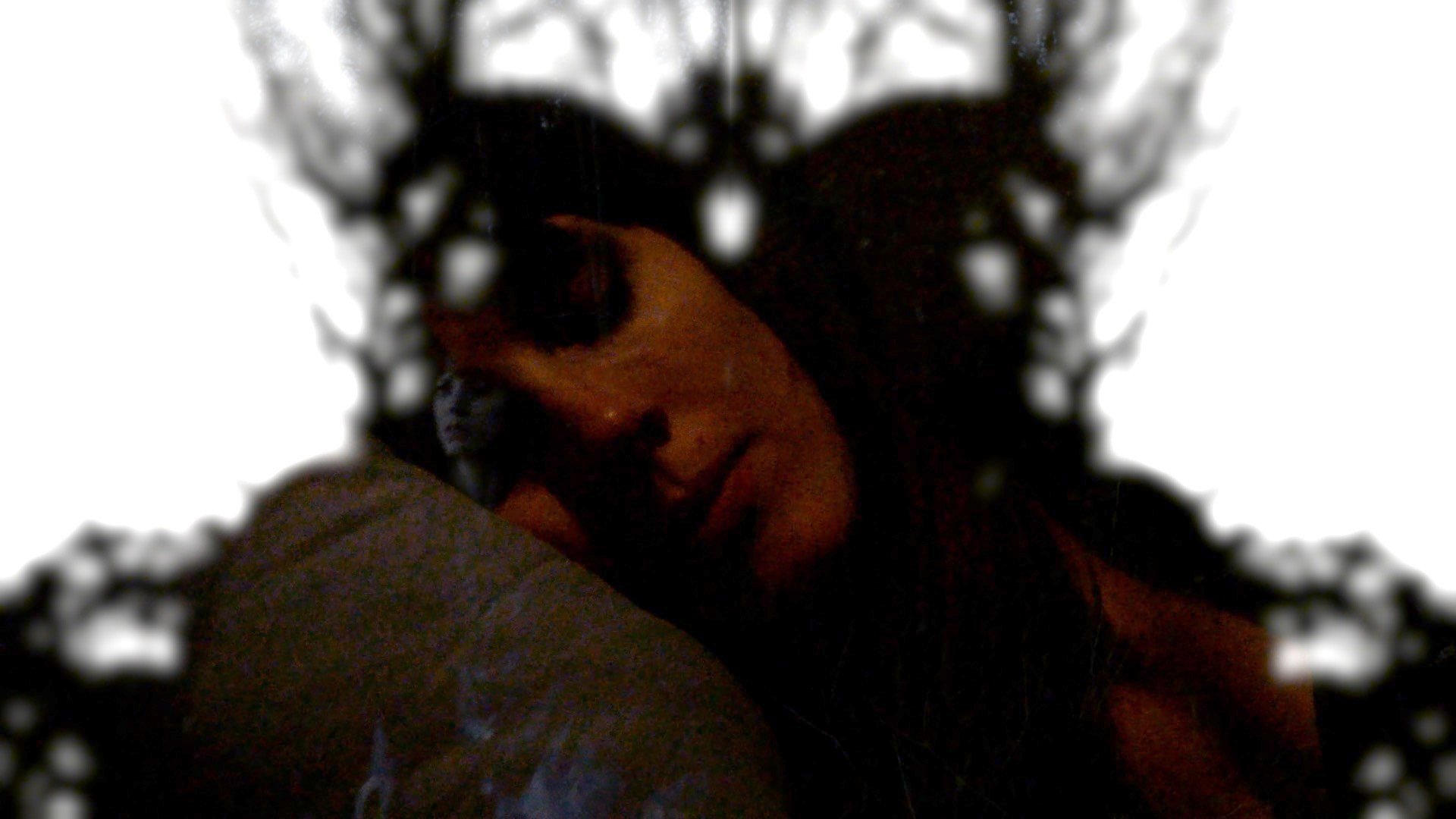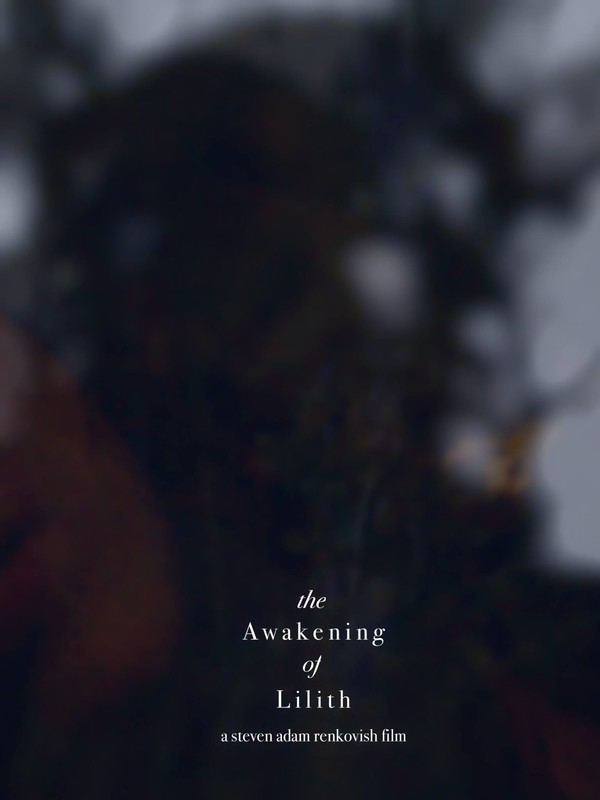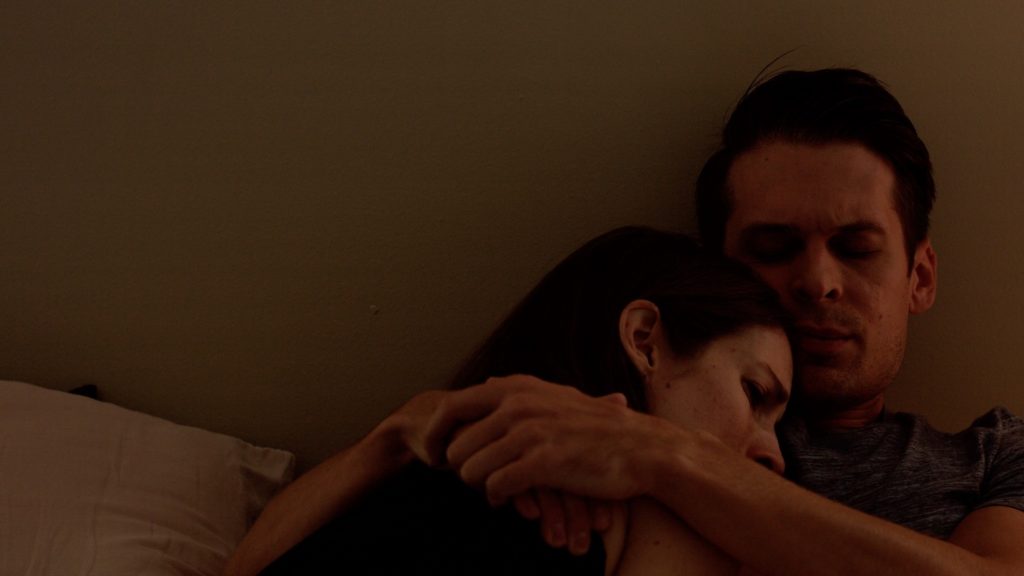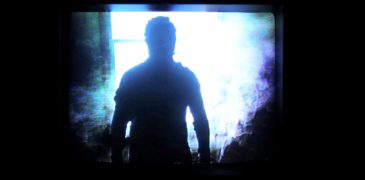
Sparked by the death of her partner Noah, Lilith is struggling with her mental health and has succumbed to a deep depression that affects all aspects of her life. Fighting through paranoia and perceived slights from those in her life, Lilith attempts to put the pieces together to try to understand the harrowing reality of her situation while going through the stages of loss.
In The Awakening of Lilith, director Steven Adam Renkovish presents a sense of mystery around the passing of Noah (Justin Livingston), making the sufferings of Lilith (Britany Renee) exist in a strange state of uncertainty that is slowly revealed to the audience as the film progresses. The horror comes from the unknown as well as a relatable fear of losing someone along with ourselves—how it can distort our perceptions of the world around us, making it an unkind place.

It is in the exploration of loss that The Awakening of Lilith impresses with its understanding of mental health, approaching the subject with sensitivity yet still touching on elements of’ horror’ that are born of extreme mental anguish. A dialogue-focused experience, the script leaves the viewer hanging on every word of Lilith as those around her speculate on the state of her well-being after her plunge into severe isolating and harmful ideation. Consequently, the dialogue can be a challenge to those who have faced severe depression— many of the sentiments will resonate in a way that may be uncomfortable. This extends to the unfortunate reality of frustrations in being able to properly convey feelings to those who have not undergone the struggle, specifically those who think it is something that can just be ‘shut off. Undeniably, The Awakening of Lilith will be a visceral experience for some, whether there is a sense of comfort in that or it is a difficult reminder of struggles (past or present) will depend on the viewer. Regardless, the execution feels extremely sincere in its exploration, with Steven Adam Renkovish and Britany Renee approaching the subject matter with the required respect.
Another intriguing theme explored in the production is aspects of faith, as Lilith and her partner’s Christian beliefs come up regularly and are an important element in the plot. However, to come to the conclusion that this is a ‘Christian film’ or that it reflects the beliefs of the filmmaker and crew is a moot point. Instead, faith represents another challenge put towards Lilith. The subject of Lilith’s faith can extend to other ideologies, it does not isolate the character but rather adds complexity to the decline of Lilith’s mental health. At the same time, it is refreshing to see a representation of the Christian faith within a well-executed horror production that is not used as a lazy means to vilify a character.

Brittany Renee does a phenomenal job of capturing a woman in the throes of a deep depression, her performance comes across as considered and sincere. Perhaps most prominent is the brief moments of happiness which soon fade into paranoia or sadness that Renee conveys expertly through Lilith. For example, a brief escape outside to read a book turns nightmarish as Lilith perceives the neighbors to be staring at her. The sense of guilt here is palatable, as Lilith is unable to capture even a moment of respite from her sufferings. The rest of the cast is complimentary to Renee’s performance, even those that are amateur help feed into the complexities that go into the ‘awakening’ of Lilith.
Unfortunately, one of the elements that hold back the production is the lack of budget which is noticeable in every scene. There is space to forgive this given the production was a covid era film done over multiple years before being able to be a fully realized project, yet the poor audio quality, lighting, and awkward framing due to the confines of the locations available are all painfully apparent—no one is going to come away from The Awakening of Lilith impressed by the technical execution. However, the strong script and the story are not hindered by the restrictions and lack of budget. It may not look pretty, but it works.
As The Awakening of Lilith slowly reveals itself, making it difficult to touch too heavily on the conclusion that really cements the cyclical nature of depression. Yet, the considered script and strong performance from Britanny Renee make the venture to that point a worthy endeavor. Overall, The Awakening of Lilith is a powerful piece of indie cinema that tackles loss with empathy along with an understanding of how to represent the terror and paranoia that can be born out of such dark places. Most importantly, Steven Adam Renkovish and his team approach the subject matter with compassion that aims for empathy over a sensationalized account of grief.

More Film Reviews
The Hammer films of the late ’50s and ’60s are my go-to comfort films. I’m particularly partial to ones starring Peter Cushing and Christopher Lee, but honestly, who doesn’t love… LandLocked 2021 kicks off with a video recording of a father telling his son that one week after he passes the house will be torn down and everything thrown out…. M. Night Shyamalan’s Latest is Mediocre Old (2021) is an existential story about a beautifully secluded beach surrounded by rocks that will kill you, eventually. M. Night Shyamalan’s newest release… While the 1980s was a fairly lacklustre era for Japanese genre cinema on the major studio front, it was quite an exciting time on the independent scene. A whole new… If you’re a vegetarian and/or averse to the musical genre that is Post-Apocalyptic-Symphonic-Reindeer-Grinding-ScandoFinn-Metal then avert your eyes to the following review. 2018 Finnish shock-rock comedy Heavy Trip is just waiting to… Deathsport is a 1978 sci-fi action drama, directed by Nicholas Niciphor, with additional shots directed by Allan Arkush, and produced by Roger Corman. The film is a somewhat spiritual successor…Lake of the Dead (1958) Film Review – A Classic Norwegian Haunted Lake Tale
LandLocked (2021) Film Review – Sometimes When You Stare Into the Past it Stares Back
Old (2021) Film Review – Spoiler Free!
Cyclops (1987) Film Review – An 80’s Monster Movie of Japanese SFX Ingenuity
Heavy Trip Film Review – Dark Comedy at its Best
Deathsport (1978) Film Review – Blood, Boobs, and Bangs





